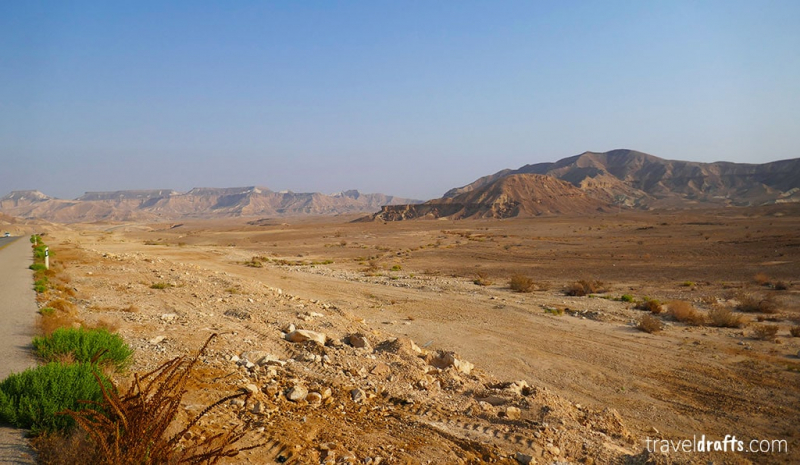Climate in Israel
Israel's northern and coastal parts have a Mediterranean climate, with hot, dry summers and cold, rainy winters. Whereas the southern and eastern parts of Israel have a year-round arid environment. This is absolutely one of the top Things about Israel You Should Know. The rainy season lasts from October until early May, with the most rain falling between December and February. It is important to notice that rainfall varies enormously from the north to the south. The northern and central sections of the country receive the most rain, whereas rainfall in the southern half of Israel is negligible. On the other side, Eilat, located at Israel's southernmost point and at the northern edge of the Red Sea, enjoys a pleasant temperature for beach vacations all year.
Therefore, the best time to visit Israel is in the spring, before the heat gets unbearable, or in September and October, when the heat begins to recede and temperatures turn light and pleasant. Summer is exceedingly hot – daily temperatures of 30-35°C (85-95°F) are to be expected, making it difficult to travel outside... even to the beach. Traveling in the spring or autumn also means you'll be visiting Israel during the shoulder season, which means there will be fewer tourists. You should also attempt to avoid religious and pilgrimage dates, as the country tends to get extremely crowded on such days.












